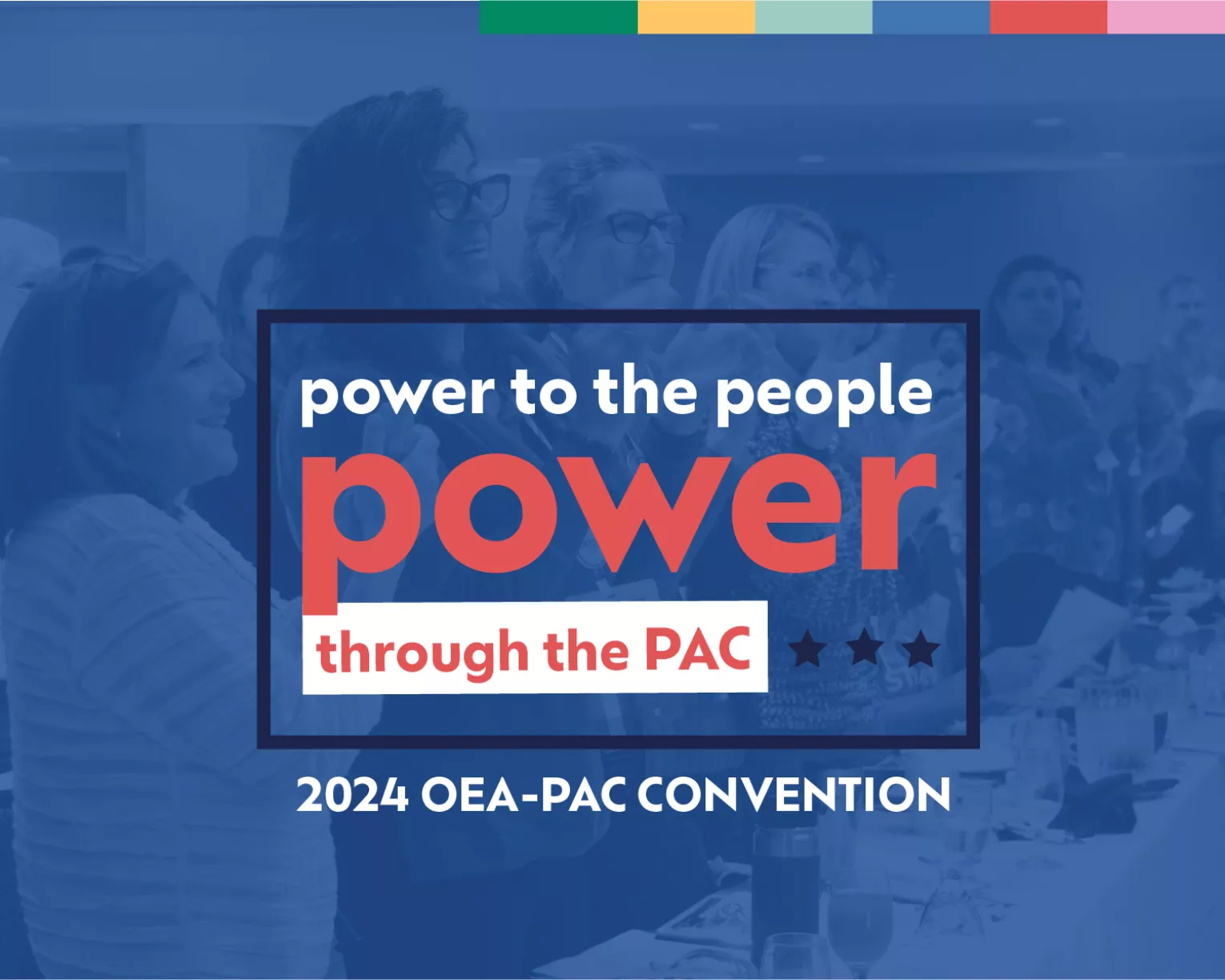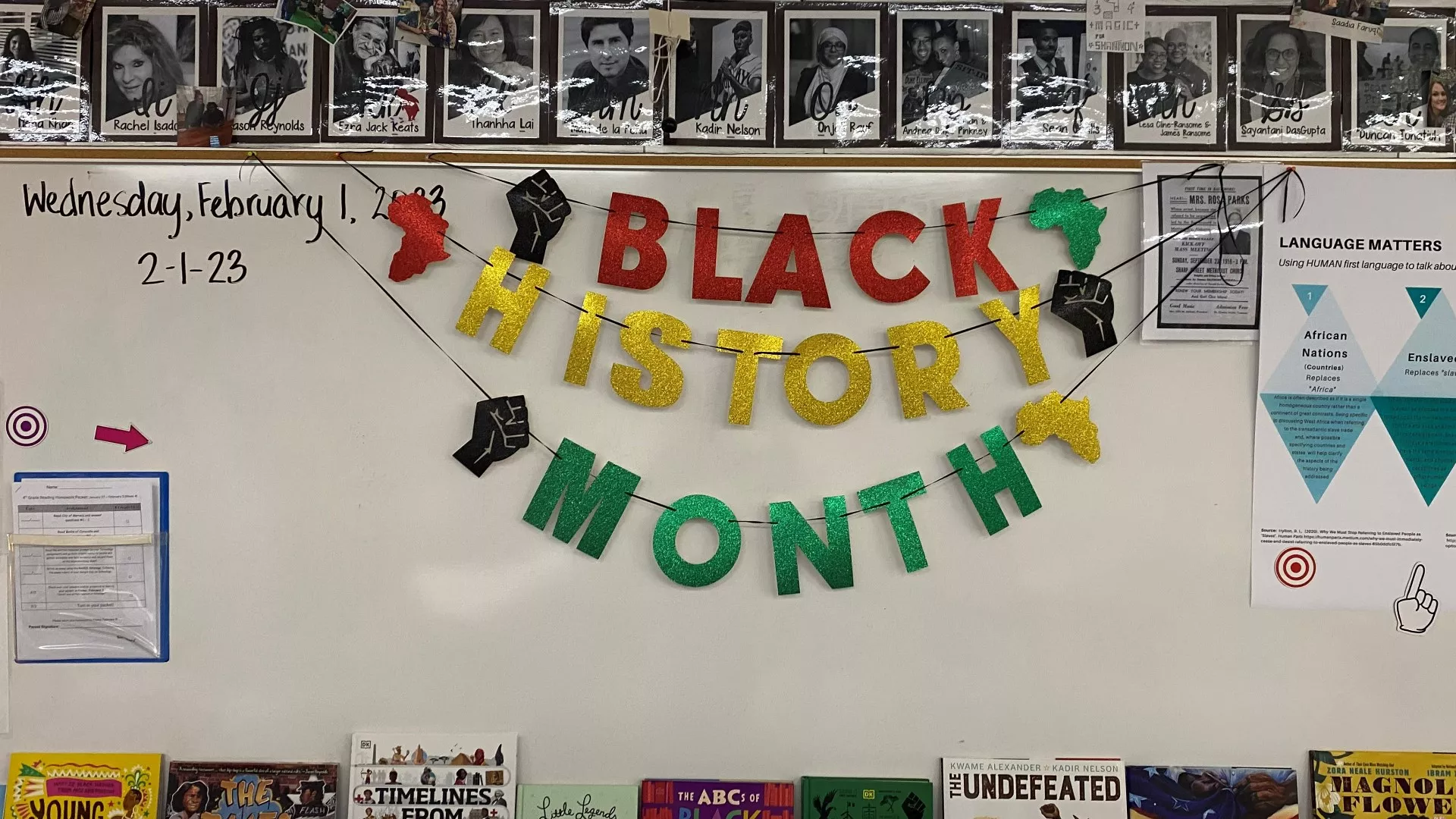The month of February has been dedicated as African American History month. I traditionally use the beginning of the year to reflect on the past and renew plans for the future. I have taken some time to reflect on my new role as Equity Director and what equity truly means. Each year for Martin Luther King Jr. Day, I make it a practice to teach my four children a little more about our family legacy and about those who have walked the path before us. They will never know these great people or what they sacrificed, so they could have the privileges that they now do, unless I share their history with my children.
This year, I am also weighing the state of our world. The question that I have pondered is, what would the great leaders of our past, Martin Luther King Jr., Harriet Tubman, Malcolm, Garvey, W.E.B., Rosa Parks, Frederick, and so many more, think of the world as we have created it? Would they be satisfied with the small gains we have made?
I am fairly sure they would ask for all of us to do more, to do better. The truth is that we are fighting many of the same fights. We still do not show and live what it means to have humanity, to feed the hungry and to clothe the poor. To help out our fellow neighbors in times of need, so that we all may rise to greatness. Recent events in America and around the world have highlighted the systemic oppression and injustices that humanity continues to inflict upon their fellow men, women, and children.
As each one of us reflects on our past, it is important to center the powerful messages of service and community connections, our great leaders have given us, to build civil responsibility. They believed that true change begins with individuals who are committed to serving their communities and working towards a more just and equitable society.
In the classroom, we have the unique opportunity to instill in our students the values of service and the importance of community connections. By engaging in service-learning projects, we can help our students develop a sense of empathy, compassion, and responsibility towards others. These experiences not only benefit the communities they serve but also empower our students to become active and engaged citizens.
It is essential to acknowledge the historical and present-day contributions of BIPOC educators who have played a significant role in shaping education and advocating for social change. Their experiences and perspectives enrich our classrooms and provide valuable insights into the struggles and triumphs of marginalized communities.
In light of recent events, it is important to engage in open and honest conversations with our students, families, and our friends, about racism, discrimination, and social justice. By creating a safe space for dialogue, we can help our students develop empathy, understanding, and a commitment to dismantling systemic oppression. By incorporating the resources into your teaching, and into your conversations with family and friends, we can inspire our community to become active participants in developing a sense of civil responsibility. Together, let us continue to honor Dr. King's legacy by fostering a culture of compassionate and engaged humans.
To truly honor African American History let us use this month as an opportunity to reaffirm our commitment to social justice and work towards a future where all of humanity has earned the human right to be treated with dignity and respect.
To support your efforts in teaching about service and community connections, here are some online resources to explore:
-
Oregon Education Association (OEA) - Find resources and highlights educators of color who are making a difference in our community and teaching social justice and equity in their classrooms and communities.
Learn more -
The Corporation for National and Community Service (CNCS) - The CNCS provides a wide range of resources and toolkits for educators to incorporate service-learning into their curriculum. Their website offers lesson plans, project ideas, and research on the impact of service-learning on student outcomes.
Learn more -
Youth Service America (YSA) - YSA is a global organization that promotes youth service and empowers young people to make a positive difference in their communities. Their website offers a variety of resources, including service project ideas, grants, and training opportunities for educators.
Learn more -
Edutopia - Edutopia is a website dedicated to sharing innovative educator practices. They have a collection of articles, videos, and lesson plans that emphasize the importance of service-learning and community connections.
Learn More -
Learning for Justice - This website offers a wide range of resources, including lesson plans, articles, and professional development opportunities, to help educators address issues of race, diversity, and social justice.
Learn more -
Rethinking Schools - Rethinking Schools provides resources and publications that focus on social justice education. Their materials offer insights into teaching about race, equity, and activism.
Learn more -
Zinn Education Project - The Zinn Education Project provides educator materials and resources inspired by the work of historian and activist Howard Zinn. Their resources aim to promote critical thinking and a deeper understanding of social issues.
Learn more -
National Museum of African American History and Culture - The museum's website offers educational resources, including lesson plans and online exhibitions, that explore the history and contributions of African Americans.
Learn more
Ready, Set, Grow!

